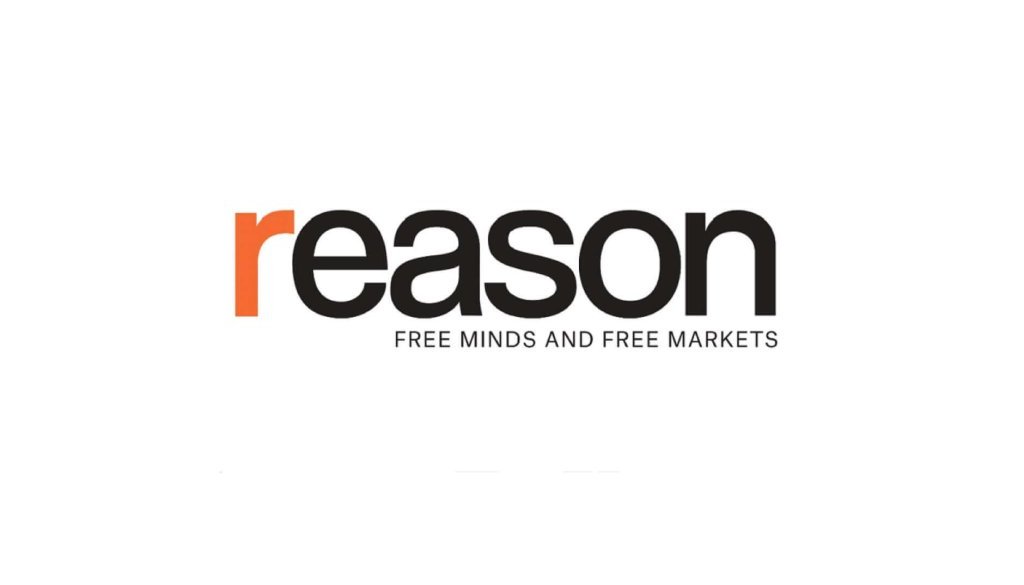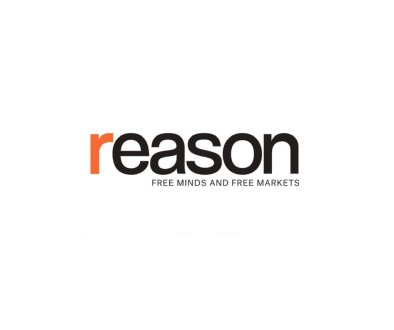Gold Tops $3,000
The price of gold recently surpassed $3,000 per ounce for the first time in history. For perspective, gold was around $1,185 per ounce in 2013 and just $265 per ounce in 2000. The price has increased more than tenfold in the last 25 years and is up even more in foreign currency terms, owing to the strength of the dollar. Yet the average portfolio has a negligible amount of gold in it, despite it performing similarly to stocks over time.
Gold is often thought of as an inflation hedge, but that idea doesn’t always hold up. In 2022, when inflation peaked, gold prices fell. Over the last year, as inflation moderated, gold prices rose. Our experience with gold as an inflation hedge comes from the 1970s, when inflation was high and rising. Gold performed well throughout the decade and exploded higher in 1980. When then-Chairman of the Federal Reserve Paul Volcker cranked interest rates higher to stop the inflation, gold went down and stayed down throughout the disinflationary ’80s and ’90s. However, gold’s relationship with inflation isn’t consistent.
Gold is most correlated with budget deficits—when government deficits grow, gold prices tend to rise. This happened during President Barack Obama’s first term, when massive government spending sent gold soaring. When the Republican opposition succeeded in slowing spending, and the deficits dropped to about 2 percent of gross domestic product, gold prices stagnated. Gold also rose slightly from the 2000 lows after 9/11, during the deficit-inducing global war on terror.
Gold benefits from rising deficits because it is an option on debt monetization. When
Article from Reason.com

The Reason Magazine website is a go-to destination for libertarians seeking cogent analysis, investigative reporting, and thought-provoking commentary. Championing the principles of individual freedom, limited government, and free markets, the site offers a diverse range of articles, videos, and podcasts that challenge conventional wisdom and advocate for libertarian solutions. Whether you’re interested in politics, culture, or technology, Reason provides a unique lens that prioritizes liberty and rational discourse. It’s an essential resource for those who value critical thinking and nuanced debate in the pursuit of a freer society.




